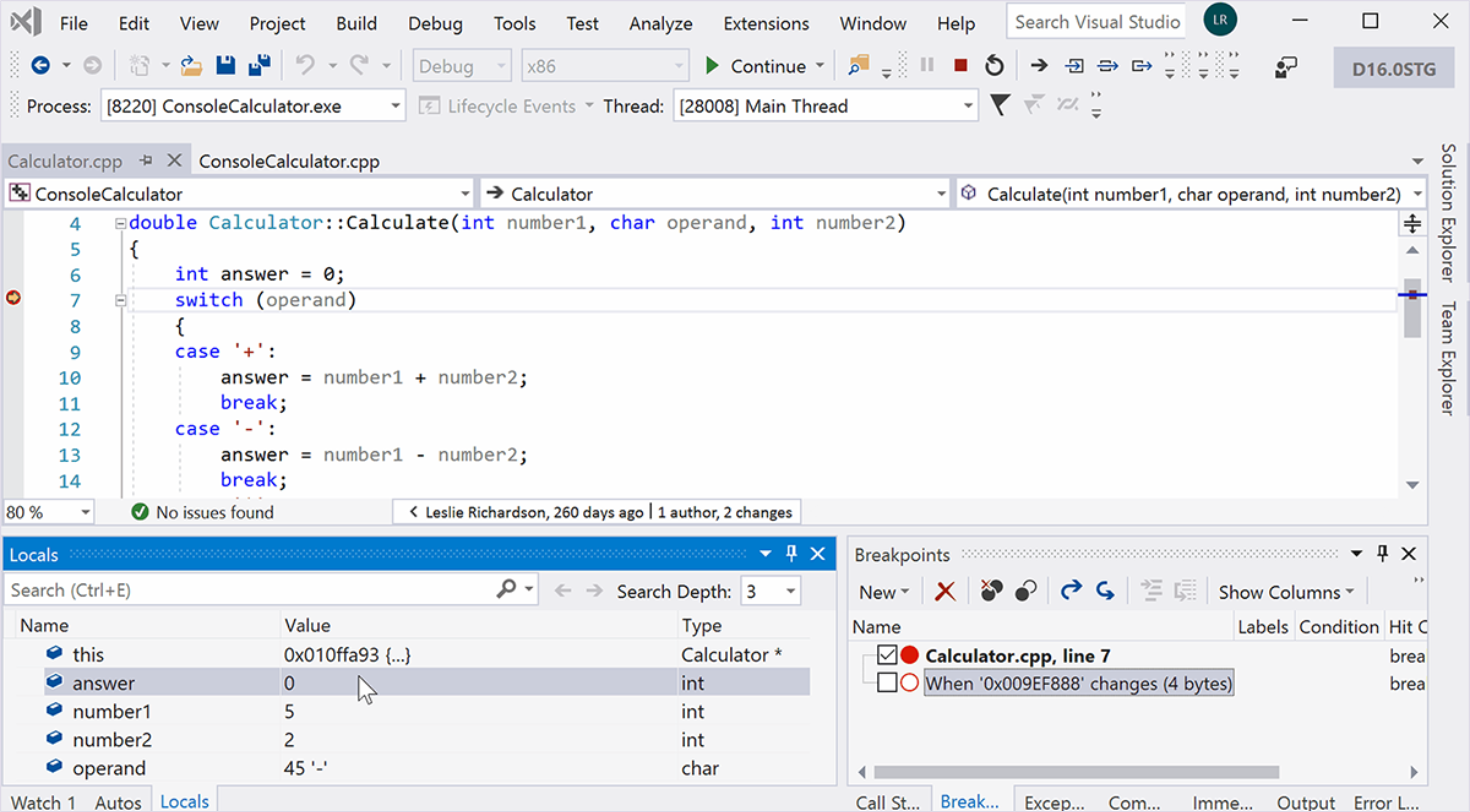 Microsoft heeft onlangs Visual Studio 2022 uitgebracht, maar blijft versie 2019 natuurlijk gewoon ondersteunen. Deze populaire programmeerontwikkelomgeving beschikt over handige opties om het programmeren in onder andere Visual C++, Visual Basic, C#, F# en Python gemakkelijker te maken. De complete lijst met de veranderingen in de 2019-uitgave kun je nalezen in de bijbehorende release notes. In versie 16.11.8 heeft Microsoft de volgende veranderingen en verbeteringen aangebracht:
Microsoft heeft onlangs Visual Studio 2022 uitgebracht, maar blijft versie 2019 natuurlijk gewoon ondersteunen. Deze populaire programmeerontwikkelomgeving beschikt over handige opties om het programmeren in onder andere Visual C++, Visual Basic, C#, F# en Python gemakkelijker te maken. De complete lijst met de veranderingen in de 2019-uitgave kun je nalezen in de bijbehorende release notes. In versie 16.11.8 heeft Microsoft de volgende veranderingen en verbeteringen aangebracht:
Bidirectional text control character renderingTo prevent a potentially malicious exploit that allows code to be misrepresented, the Visual Studio editor will no longer allow bidirectional text control characters to manipulate the order of characters on the editing surface. A new option will cause these bidirectional text control characters to be shown with placeholders. The bidirectional text control characters will still be present in the code as this behavior only impacts what is rendered in the code editor.
This functionality is controlled in Tools\Options. Under the Text Editor\General page there is an option for “Show bidirectional text control characters”, which will be checked by default. When checked, all bidirectional text control characters will be rendered as placeholders. Unchecking the option will revert to the previous behavior where these characters are not rendered.
A Unicode character is considered a bidirectional text control character if it falls into any of the following ranges: U+061c, U+200e-U+200f, U+202a-U+202e, U+2066-U+2069.
Other Issues Addressed in this Release
- Corrected an issue in C++ compiler where a templated destructor involved in a class hierarchy with data member initializers may be instantiated too early, potentially leading to incorrect diagnostics about uses of undefined types or other errors.
- Fixed an issue in ATL's CString comparisions under C++20 and C++Latest language modes.
- Added Python 3.9.7 to Python workload. Removed Python 3.7.8 due to a security vulnerability.


:strip_exif()/i/2004776764.png?f=thumbmedium)